Two Years Since a Proxy War Was Unleashed on a Sovereign Nation
April 15th is no longer just a date on the calendar for the Sudanese people. It is a wound. A scar. A haunting reminder of how quickly everything can be taken—and how deliberately it was.
On this day in 2023, Sudan was not pulled into a random civil war. It was dragged into a foreign-orchestrated conflict, a proxy war designed to rip apart the state from within. The paramilitary Rapid Support Forces (RSF), armed, funded, and politically backed by foreign actors—chiefly the United Arab Emirates—launched a coordinated and brutal assault against Sudan, not just its army, but its sovereignty, its people, and its democratic aspirations.
The skies over Khartoum filled with smoke. Tanks rumbled through quiet neighborhoods. Markets turned to ashes. And in that moment, the Sudanese people knew:
this was not just a coup. It was an invasion from within
This Is Not a Civil War
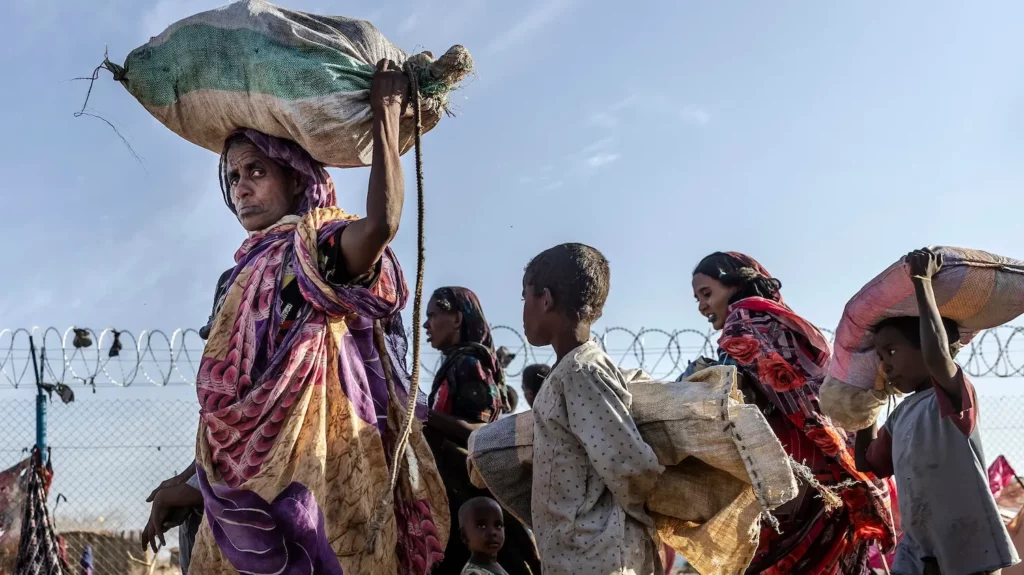


Let’s correct the narrative: this is not a war between two factions or rival generals.
This is a war on Sudan.
The RSF is not a legitimate national force. It is a mercenary militia, groomed through gold deals and foreign patronage to dismantle the Sudanese state. This is a proxy conflict, where foreign interests—especially in gold, land, and geopolitical control—are being fought over with Sudanese lives.
The RSF has:
- Turned Darfur into a graveyard, repeating the horrors of 2003 in places like El Geneina, where entire communities—especially the Masalit people—have been massacred.
- Committed systematic sexual violence, using rape as a weapon to break communities.
- Looted Sudan’s gold reserves, funnelling billions through smuggling routes that benefit Dubai’s gold markets.
- Destroyed schools, hospitals, markets, and civilian homes, rendering entire cities unrecognizable.
This war is not just a tragedy. It is a crime, coordinated at the highest levels, and covered up with silence.
The Devastation in Numbers—and Beyond
- More than 15,000 killed, many in massacres or bombings targeting civilians.
- Over 8.5 million people displaced, both internally and across borders—the largest displacement crisis in the world today.
- 25 million in need of humanitarian aid—more than half the country.
- 70% of healthcare facilities in war zones destroyed or out of service.
- Widespread hunger and famine, with children dying daily from preventable causes.
But behind every statistic is a person.
A mother giving birth in a candlelit shelter while bombs fall outside.
A child sleeping on a cold floor in a refugee camp in Chad, missing home.
A man searching for his brother, missing since the RSF stormed their neighborhood.
A teacher now teaching in exile, refusing to let the next generation be broken.
The Forgotten Captives and Families Left in Agony
Among the thousands who have vanished into RSF-controlled territory are those who were taken captive, disappeared, or held incommunicado under brutal conditions. The fate of so many remains unknown.
And among them, names echo with pain in the hearts of Sudanese families—Khalid Dangal and Khalid Zaid.
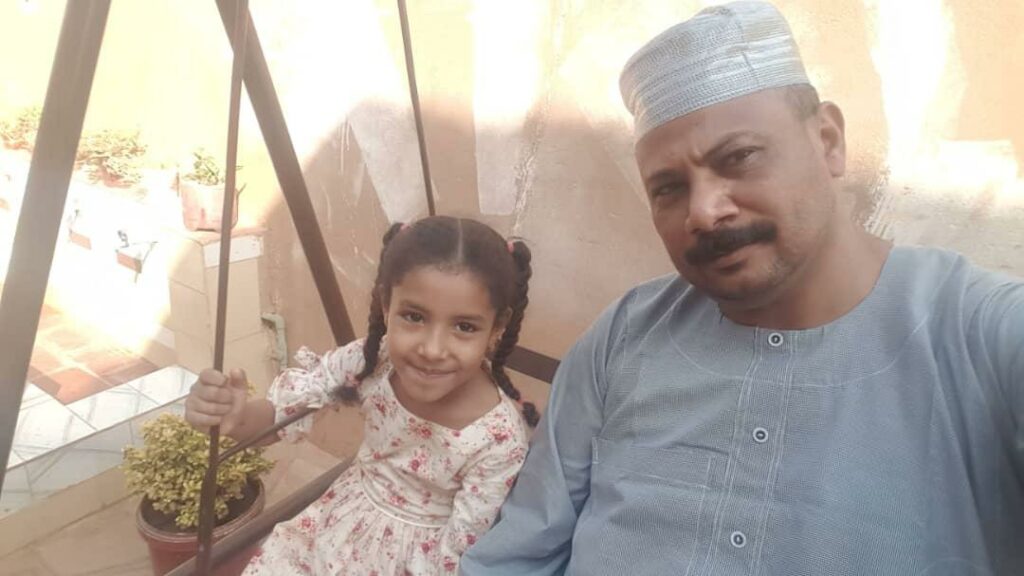
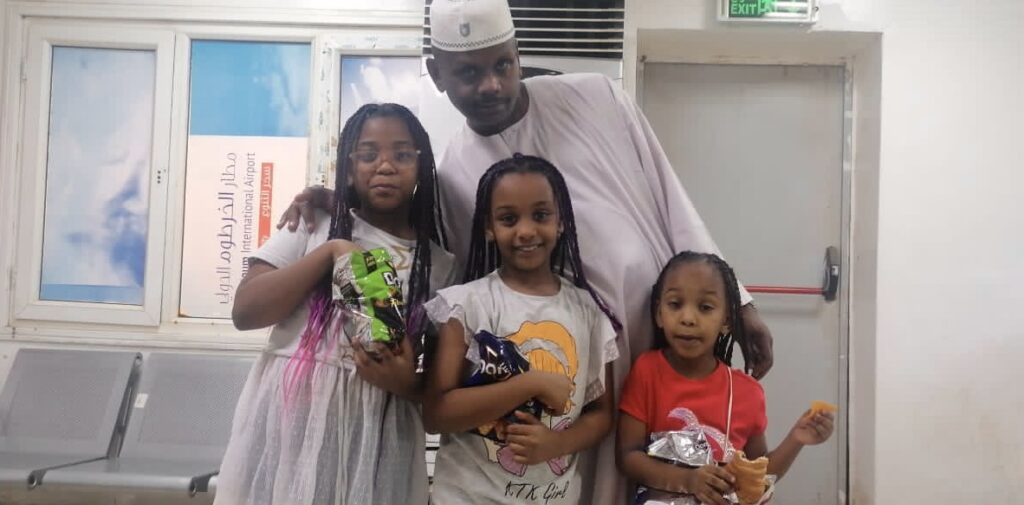
not just those two men. Two lives. Two stories we still don’t fully know and the rest with them, the thousands of captives.
Where are they now?
Are they alive? Are they suffering in silence, tortured, isolated?
Have they seen the sun since they were taken?
Do they know they are not forgotten?
Their families live in a purgatory of hope and horror—waiting for a phone call, a name on a list, a whisper from a survivor. The not knowing is its own form of torture. Mothers wake from nightmares. Siblings scroll endlessly for news. Friends replay the last conversation, the last sighting, the last breath of certainty.
And they are not alone. Across Sudan, hundreds—perhaps thousands—have disappeared into the shadows cast by RSF guns. Some are civilians. Some are activists. Some are simply in the wrong place at the wrong time. All are human beings, robbed of voice, and kept from justice.
Their pain is not collateral. It is central. Their absence tells us what kind of war this truly is—a war designed to erase resistance, silence truth, and extinguish the future.
The World’s Silence Is Not Neutral
Sudan has become the world’s forgotten war, not because the suffering is less—but because the perpetrators are politically and economically protected.
The UAE continues to be a primary enabler of this war, with RSF fighters armed through supply routes passing via Libya and the Sahel. Sudanese gold continues to flow into foreign markets, enriching those fueling the war. And yet, no real sanctions, no meaningful accountability, no global outrage.
Western powers issue statements. But where is the action? Where is the justice?
Two Years On: The People Still Rise
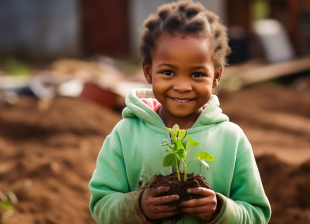
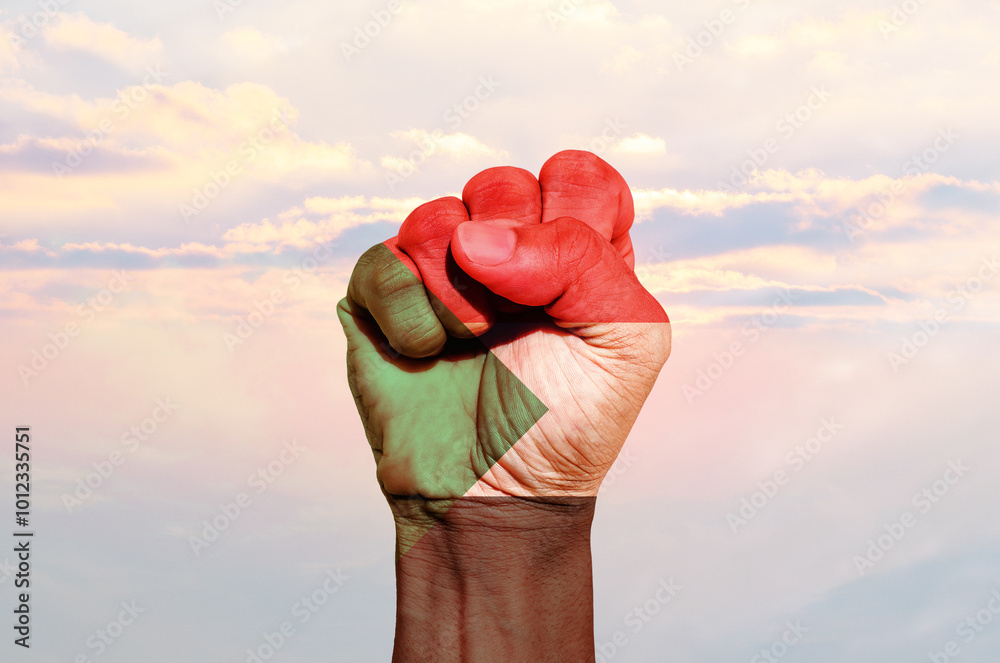
Despite all this, the Sudanese people have not broken.
They organize. They care for one another. They document the crimes. They speak truth, even when the world tries to drown them out.
From resistance committees in the rubble of Khartoum to the youth-led aid efforts in Port Sudan, from diaspora campaigns in London and New York to underground networks in Darfur—Sudan is still standing, because its people refuse to kneel.
April 15th Must Never Be Forgotten
This day marks the beginning of the most violent, foreign-backed assault on Sudan in its modern history. But it is also a symbol of truth, of memory, of resistance.
Let April 15th be remembered not only as the day Sudan was attacked—but as the day we vowed never to forget, never to stay silent, and never to let the truth be buried beneath propaganda.
And let it be a day where we say the names of the missing out loud.
Let the world hear: Where is Khalid Dangal? Where is Khalid Zaid?
Let the world feel the pain of their families, and the strength of those who still believe they will come home.
#April15Memorial #SudanUnderAttack #StopRSF #HoldUAEAccountable #JusticeForSudan #TheRightNarrative #BringThemHome

